Late last year researches at FX Networks found that there were more than 400 scripted TV shows in 2015. Not 400 HOURS of scripted shows, but 400 DIFFERENT shows. Let that sink in for a minute. If there’s 400 scripted shows and each show has on average 10 episodes, some would have more and some less, that’s something like around 4,000 hours of NEW TV produced last year. To put that number in perspective, with that amount of content you could watch nothing but new TV shows 24 hours a day from December to mid-June.
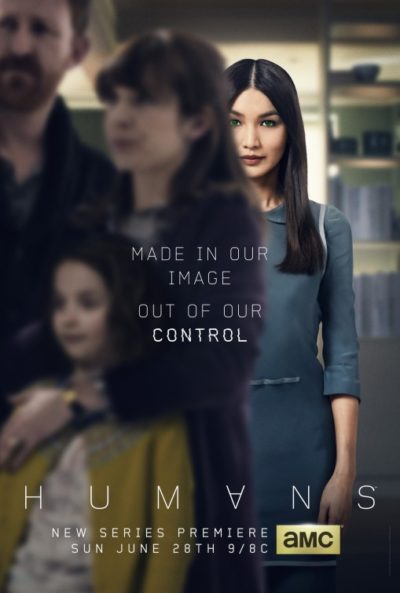
And that’s not including news programs and game shows and variety shows and reality and TV movies either. That’s 4,000 hours of scripted dramas and comedies.
Part of why there’s so much “stuff” out there is that every channel wants to have a hit series that draws in viewers, which might turn a channel very few are watching, and therefor getting less ad dollars, into something many are watching and talking about and getting lots of ad dollars. Case in point AMC. A decade ago AMC aired classic movies, hence the name; American Movie Classics. Then in 2007 they launched Mad Men to great acclaim and have since launched other popular series like Breaking Bad and The Walking Dead. Before, AMC was a channel that hardly anyone watched. Now, AMC is one of the most watched spots on TV and one that now makes a lot of money.
And with viewers “cutting the cord” as it were online services are also trying to get in with scripted shows too. Netflix and Amazon have have been creating series specifically for their service for a few years now and now other platforms like Hulu and YouTube are getting in on the game too with content of their own.
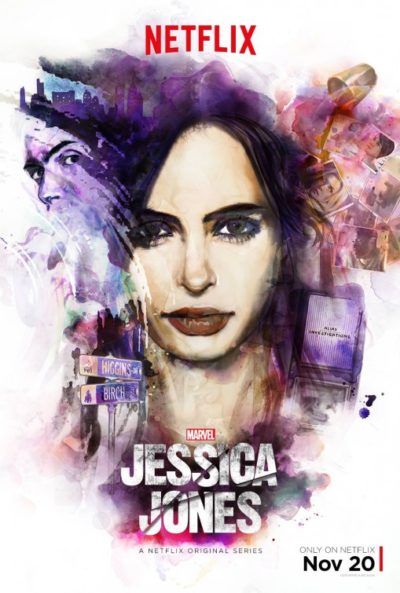
I watch a lot of TV, probably too much. And even with my prodigious TV habit I couldn’t watch everything last year that I probably would have in years past. For example, the series Humans on AMC looked interesting enough but I had too many things to watch at that time and never got around to it. And with a show like Jessica Jones on Netflix I did watch the first episode but when it didn’t immediately connect with me I moved onto something else.
Now I’m not saying that I’ll won’t go back and try and watch Jessica Jones or Humans again this summer when there used to be fewer new things to on, but I can’t guarantee it since nowadays there are just as many new and interesting series premiering during the summer as there are in the fall/winter months.
New shows last summer like Halt and Catch Fire, True Detective and The Carmichael Show, all of which I enjoyed a great deal, took whatever time I would normally have to checkout things I’d missed during the fall and instead put the focus on them. In fact, the only show I did catchup on last summer was Fargo, and that was only because a friend highly recommended it.
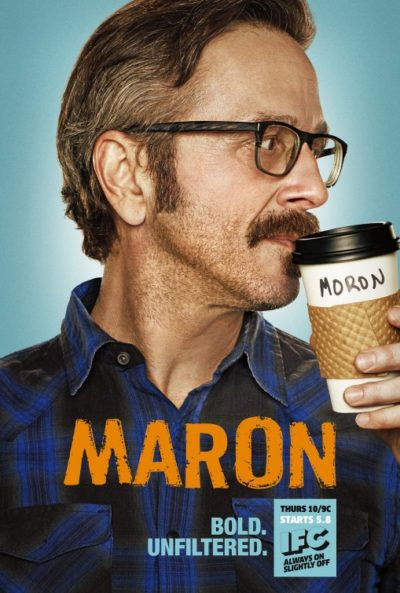
Which makes me wonder, what am I all missing? Years ago I was only ever able to get into The Wire when I caught up with it after HBO aired the first few seasons before the start of the third. Up until then I’d watch a few episodes at the start of each new season and give up. It was only because I had the time to catch up on it that I was able to be sucked in by that wonderful show.
But the last few years that really hasn’t been happening for me. I tell myself that I need to watch the latest season of House of Cards or Justified or Maron and something else new will appear on my pop-culture radar and I find myself putting off things for one more season.
I suppose the solution to all this is to count my blessings, too much of a good thing is better than nothing, and wait for the day that the eventual collapse of all this good stuff which is inevitable. There’s no way that all the networks and cable channels and online services can be pouring BILLIONS into these new shows with all expected to make back any money.
Maybe what I need to do is to get a colossal DVR and record EVERYTHING I might be interested in when the day comes after the pop-culture collapse when the only thing on to watch are reruns of The Big Bang Theory and episodes of Redneck/Swamp-Truckers/Fishermen/Miners/Pawn on The Discovery Channel.
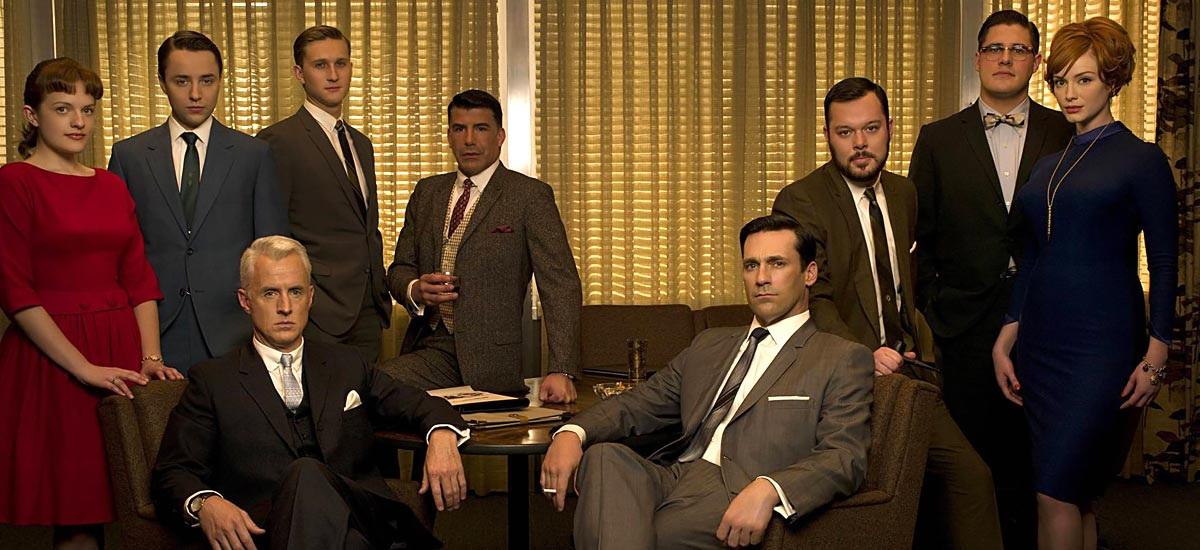
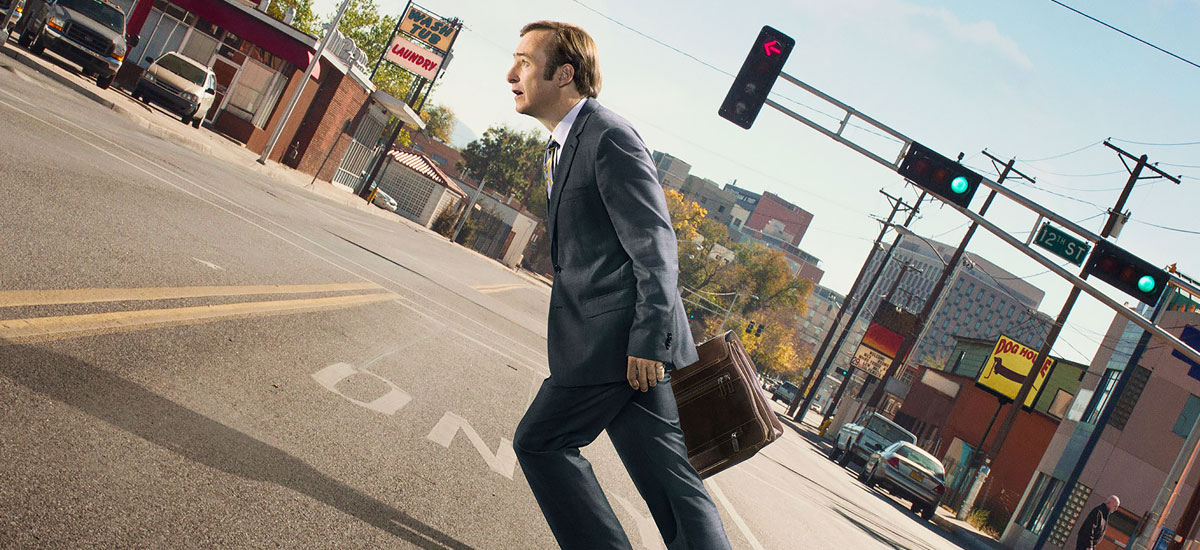
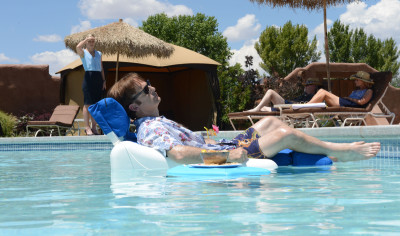
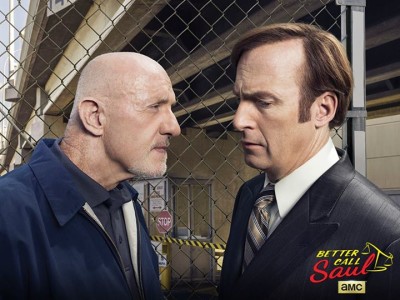
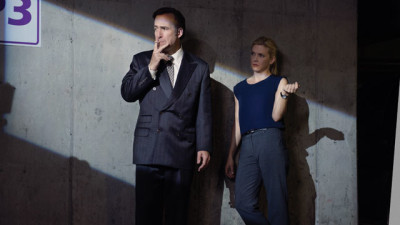
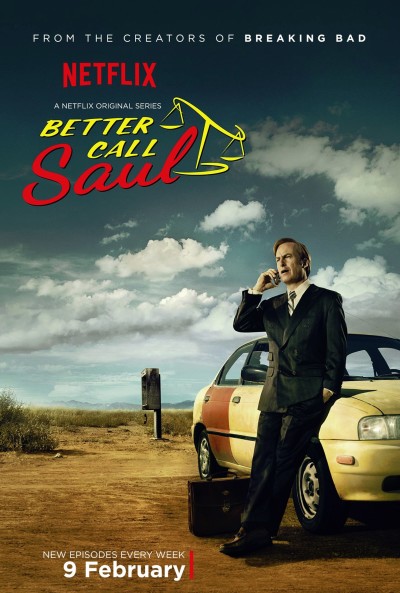 What’s odd about it is that I was never one who was able to get into the TV series Breaking Bad of which Better Call Saul is a prequel/spinoff. When Breaking Bad was on I’d try to watch it at the start of every new season and have tried several times to get into it via Netflix abet without success. The last time I tried to watch it I was able to get about halfway through the second season before finally giving up on it once again.
What’s odd about it is that I was never one who was able to get into the TV series Breaking Bad of which Better Call Saul is a prequel/spinoff. When Breaking Bad was on I’d try to watch it at the start of every new season and have tried several times to get into it via Netflix abet without success. The last time I tried to watch it I was able to get about halfway through the second season before finally giving up on it once again.